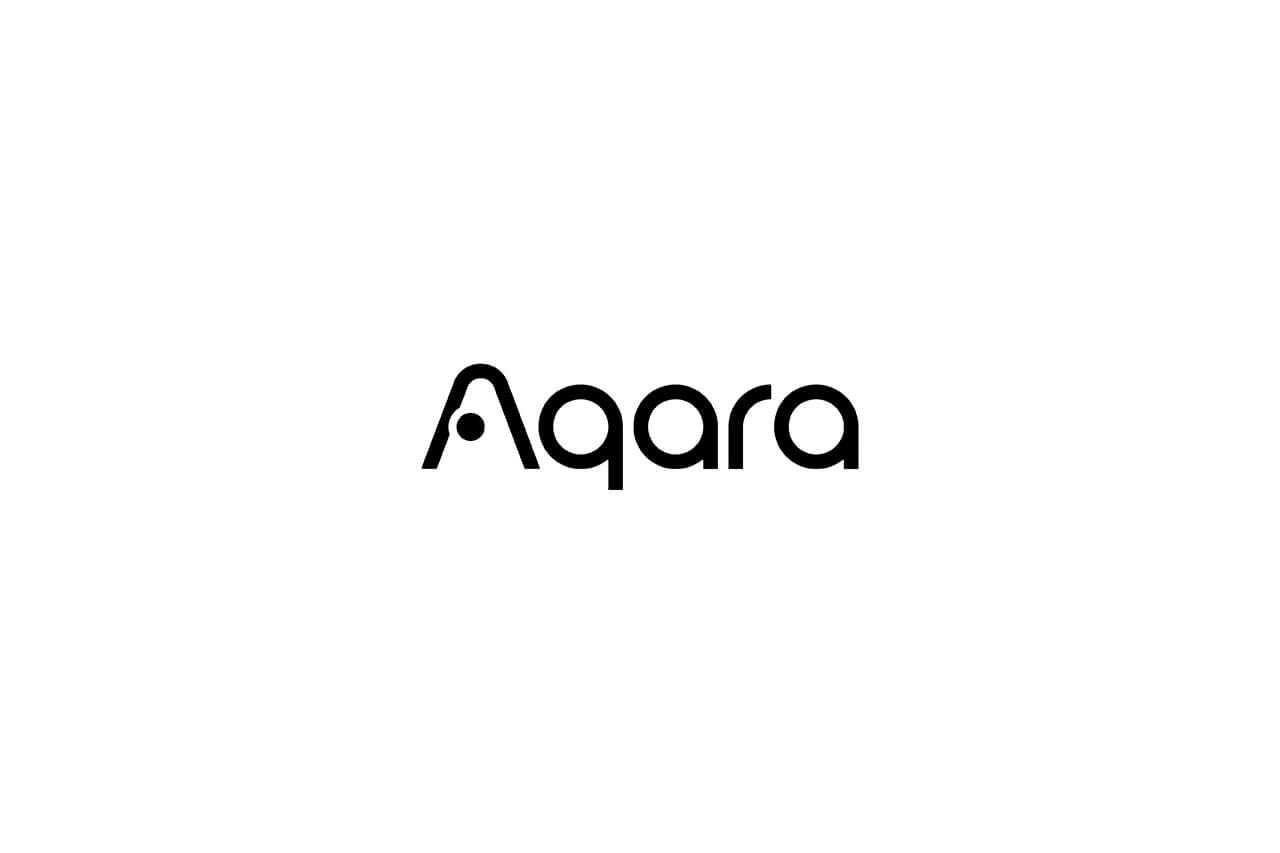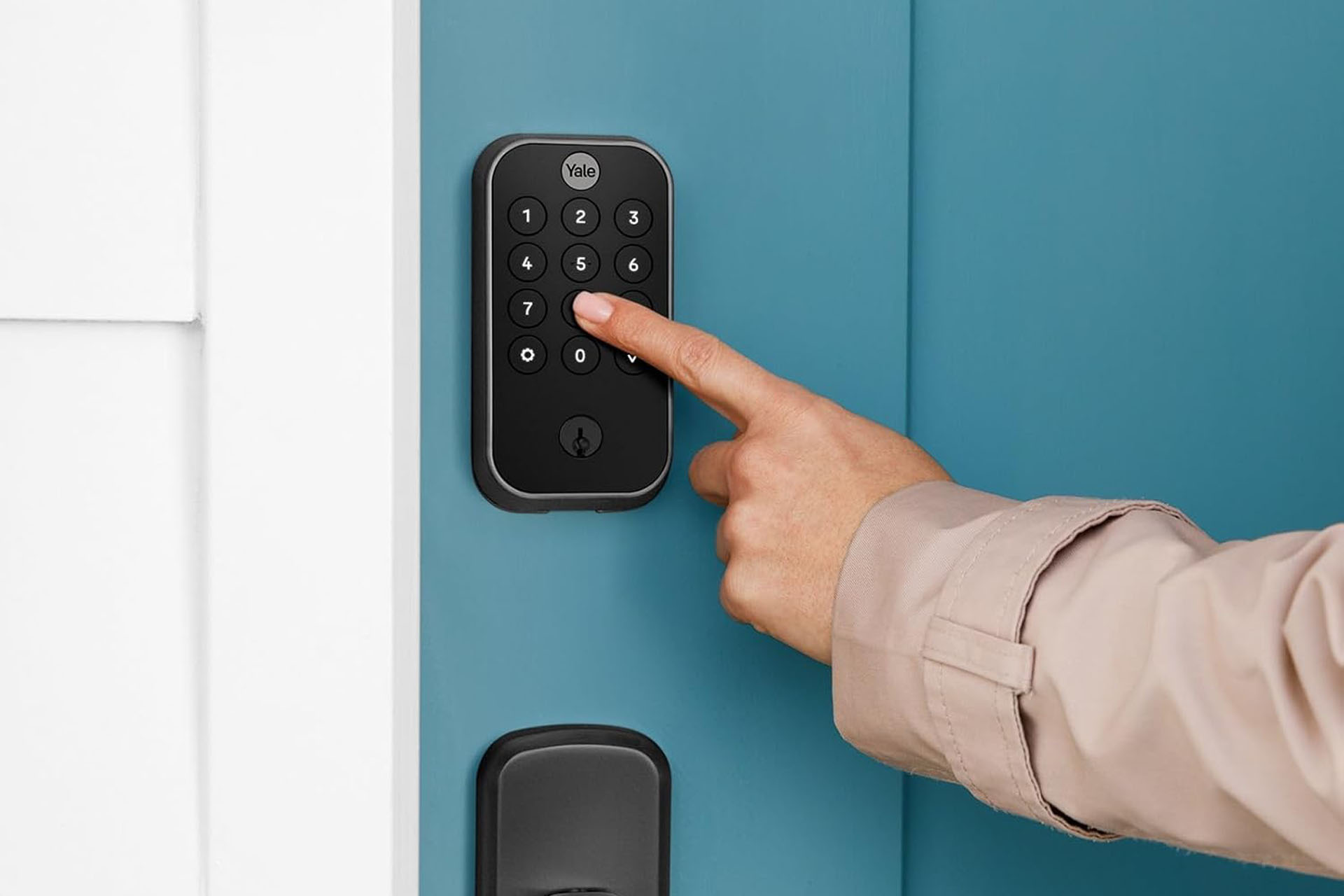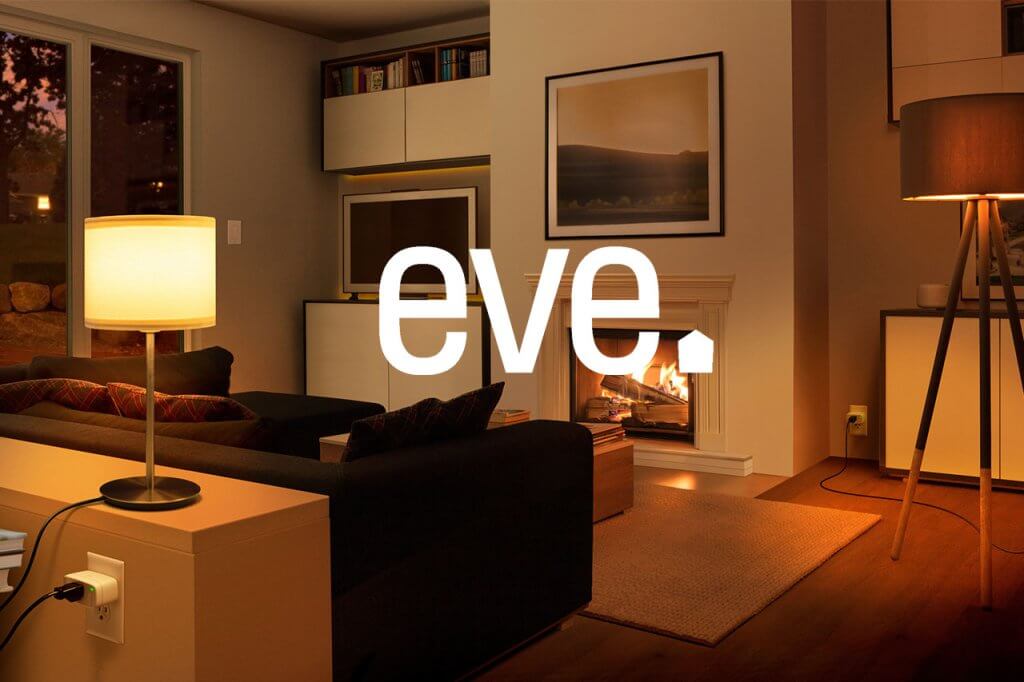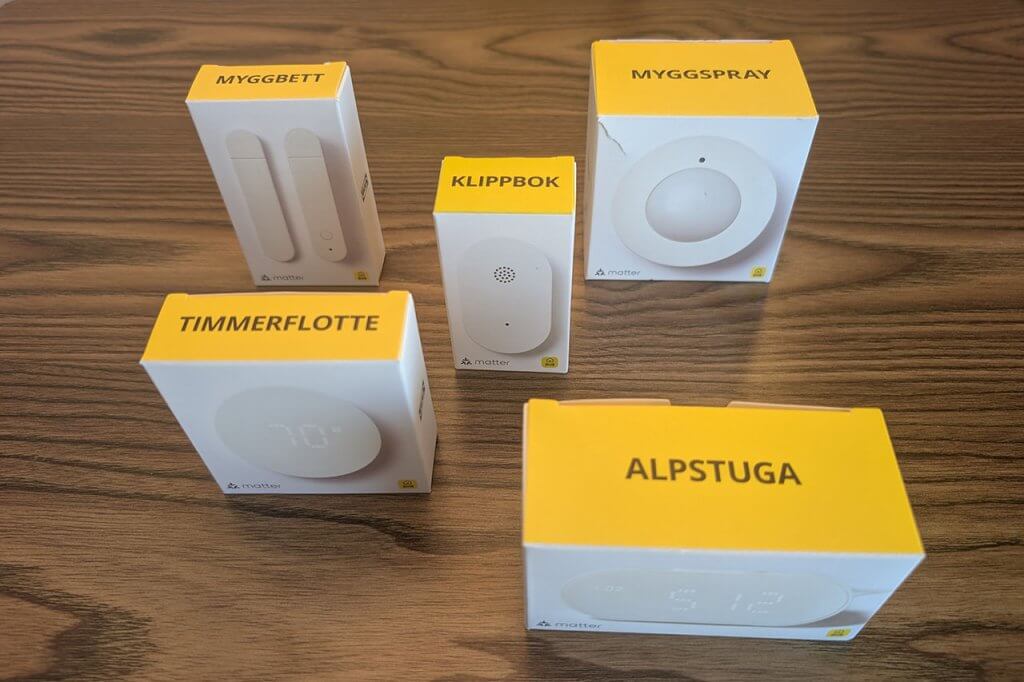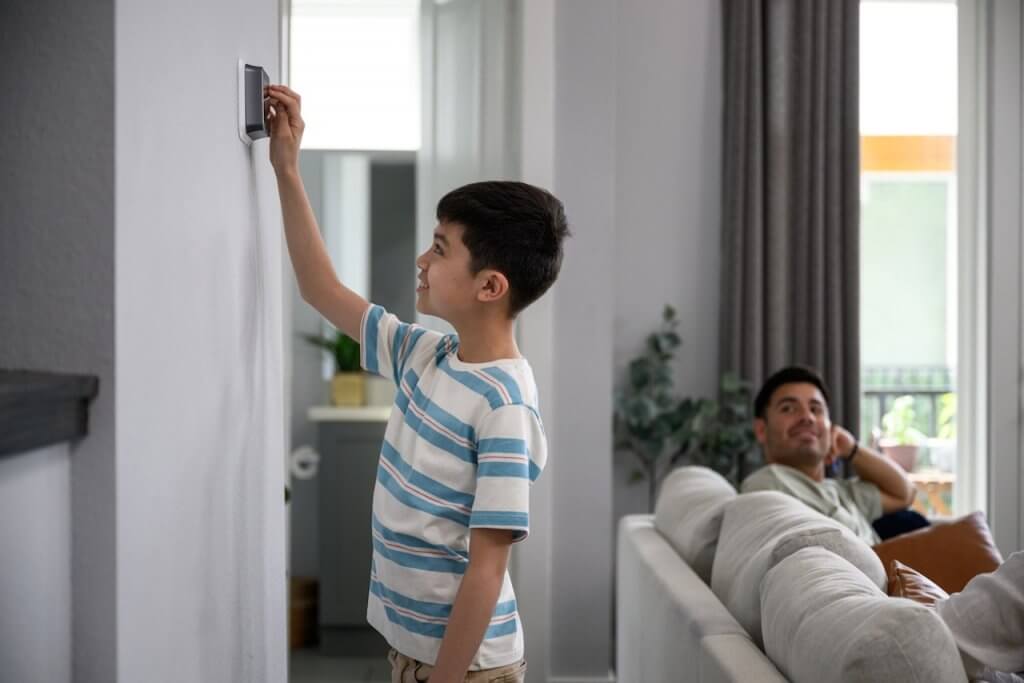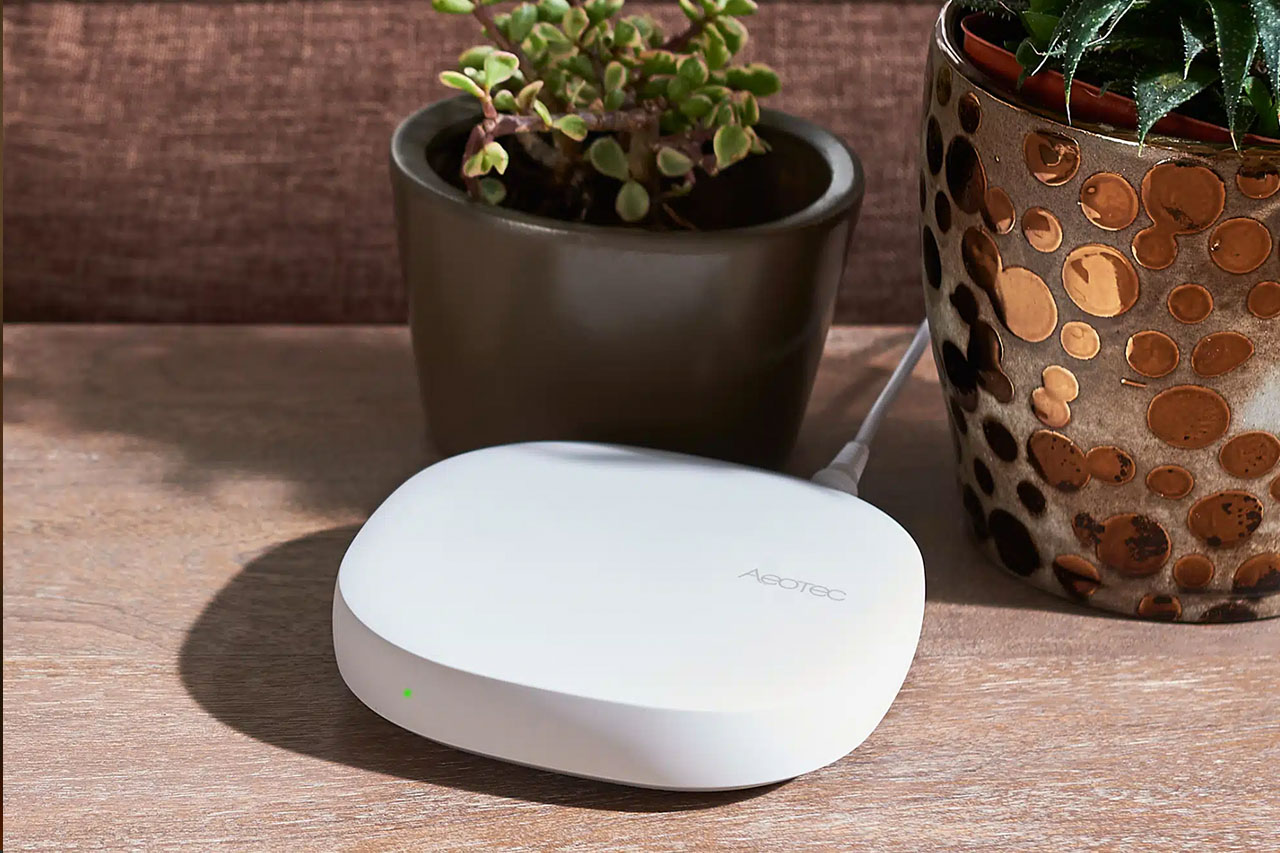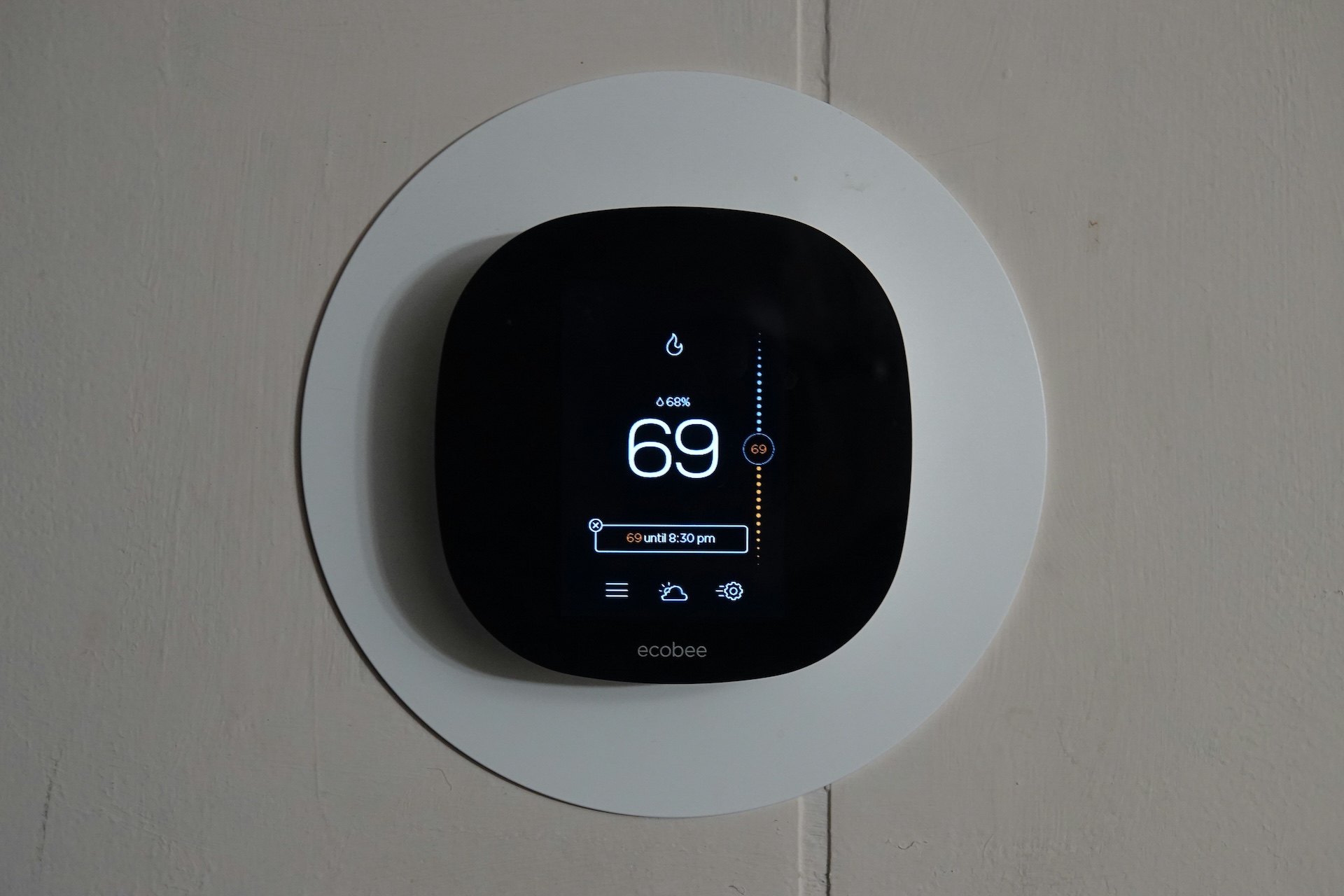TL;DR: Aqara makes some of the best-looking and most affordable smart-home devices on the market. But for serious automation — especially short-term-rental management — the ecosystem remains too closed, too dependent on its own hub, and too risky from a security and interoperability standpoint.
The Allure of Aqara
Aqara has exploded in popularity in recent years for one simple reason: affordable, well-designed smart devices that “work with everything.” Their lineup spans smart locks, leak sensors, switches, thermostats, cameras, and even curtain motors — all promising compatibility with Apple Home, Google Home, Alexa, and SmartThings.
Their newest Hub M3 is marketed as a future-proof centerpiece: a Matter controller, Thread border router, Zigbee coordinator, Wi-Fi bridge, Bluetooth hub, and IR blaster in one. In theory, that means seamless integration across protocols — a “one hub to rule them all” vision that’s enticing for both homeowners and property managers.
Unfortunately, that vision doesn’t hold up in practice.
1. You’re Locked Into Their Hub
Almost every Aqara device requires one of their branded hubs (M1S, M2, E1, G3, M3) to function. Even newer Matter-enabled products — like the Aqara U200 smart lock or T1 sensors — depend on the Aqara hub for full features and firmware updates.
That means you’re effectively locked into Aqara’s ecosystem. If their cloud goes down, your automations may fail. If you mix Aqara with other brands, you quickly discover that interoperability is limited to the basics — on/off, lock/unlock — while advanced functions (like PIN management or automation triggers) stay behind the Aqara app’s walls.
For a short-term rental automation perspective, that’s a deal-breaker. We want devices and services that can be interoperable between systems to make sure our entire system is as future-proof as possible.
2. Interoperability Isn’t There Yet
Aqara advertises support for every major platform — Apple Home, Google Home, Amazon Alexa, SmartThings — but real-world testing shows that support is still partial.
| Platform | What Works | What Doesn’t |
|---|---|---|
| Apple Home | Basic control, Home Key, automations | API access, enterprise integration |
| Google Home | Lock/unlock, status, some Matter support | Code management, developer API |
| Amazon Alexa | Voice control | No PIN or automation APIs |
| SmartThings | Z-Wave/Zigbee device support only | Matter locks (Aqara U200/U300) limited to basic functions |
Even though the Hub M3 promises “advanced Matter bridging,” Aqara themselves note that “some device types may not be supported at launch.” For developers or integrators, that’s marketing speak for “you’re on your own.”
Until all major ecosystems implement full Matter support for credentials, Aqara locks remain effectively consumer-only devices — not suitable for automated code provisioning or multi-property management.
3. Cloud Reliance and Security Concerns
Aqara’s devices can process some automation locally, but the majority still rely on cloud communication with Aqara’s servers — which are operated by Lumi United Technology Co. Ltd., based in China.
This raises two significant issues:
- Security Surface: Every hub introduces a potential gateway to your local network. If compromised, it could allow an attacker to probe other devices on the same LAN. Even if Aqara isn’t “sniffing” your traffic, the hub maintains constant outbound connections to remote servers.
- Data Residency and Trust: Aqara claims GDPR compliance, end-to-end encryption, and ISO 27001 certification, which is good — but the reality is that much of the telemetry (device activity, user IDs, logs) still flows through their cloud. That may be acceptable for a hobbyist. It’s far less acceptable for a property manager handling locks and access credentials.
Some technically-minded users have tried isolating their Aqara hubs on a VLAN or firewall rule to block internet access. Reports are mixed: while certain local automations continue working, others — including notifications and cloud-triggered routines — stop functioning. In short, Aqara isn’t designed for offline-only or LAN-only operation.
4. No Developer API for Real Automation
Unlike other device manufacturers, Aqara’s Open Platform is still limited and doesn’t expose endpoints for access-code management. There’s no documented way to create, update, or delete guest codes from an external system.
Aqara offers private partner integrations for large OEMs, but not for third-parties — at least, not yet. That means you can’t programmatically issue time-bound lock codes based on booking dates, nor can you retrieve lock events for guest auditing.
Since short-term rentals really need calendar-driven automation, that’s a non-starter.
5. Attractive Hardware, But a Closed Garden
It’s important to give credit where it’s due: Aqara’s devices are beautifully designed, inexpensive, and reliable at the consumer level. Their U200 lock, for instance, combines Thread, Home Key, and fingerprint access for under $200 — impressive by any measure.
But the value proposition ends when you zoom out. Once you add the cloud dependency, and the lack of open APIs, the “affordable” ecosystem becomes a dead end for professional automation.
Can You Run Aqara Locally?
Technically, partially — but not reliably.
Aqara’s newer hubs (like the M3) do offer “edge processing” and can continue basic operations if the internet is down. But this does not equal full offline functionality. The hub still requires periodic cloud syncs for authentication, firmware, and configuration.
Unless you’re an advanced network engineer willing to isolate the hub behind strict VLAN/firewall rules, Aqara should be considered a cloud-connected device at all times.
Bottom Line
Aqara’s products look great and promise a lot. But for real automation, reliability, and security, they come up short. The ecosystem is still too closed, too cloud-dependent, and too opaque for professional property-management use.
If you’re building a short-term-rental automation platform, stick with Z-Wave locks that already have proven API connectivity and open platform support.
Aqara is fine for hobbyists — not for hosts.
Want to see other suggested devices? Check out our go-to devices for all different use cases.

